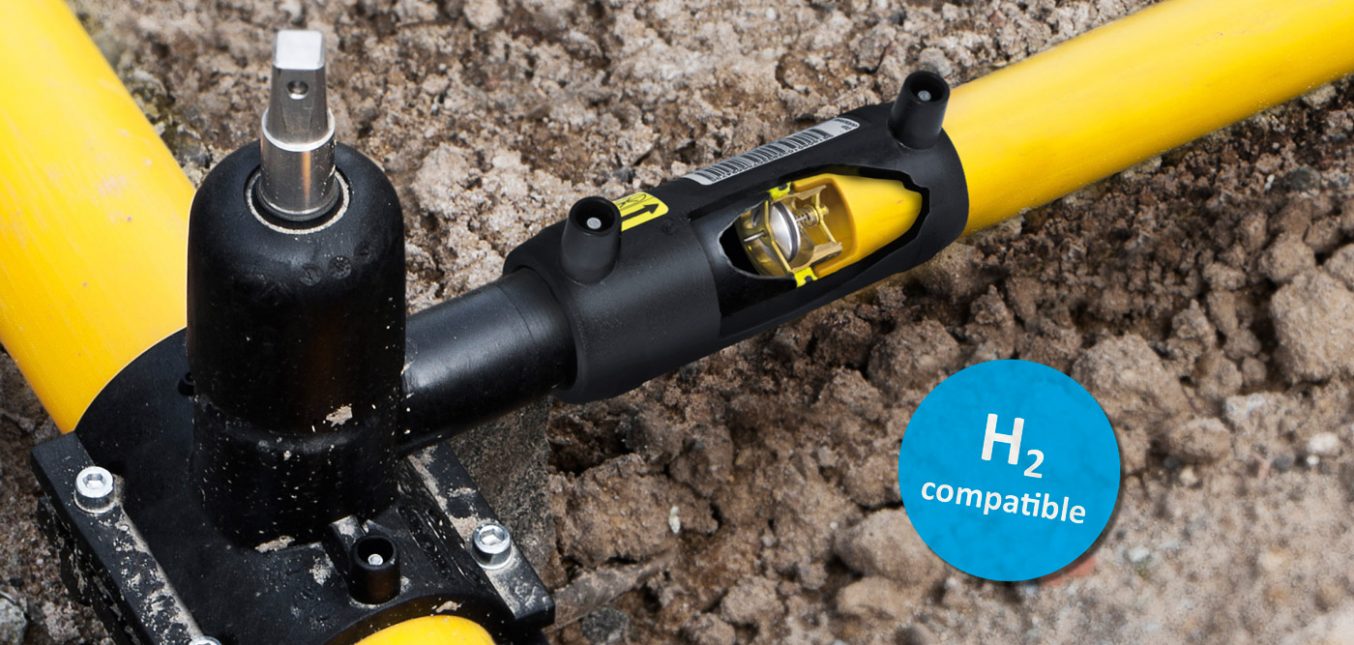Governments worldwide are committed to reducing C02 emissions. So what energy source is seen as a viable alternative to fossil fuels? Hydrogen is being tested as a potential “green” replacement for natural gas. Today, many utilities with financial backing from their governments are testing and planning to introduce hydrogen into the existing natural gas infrastructure. According to testing conducted through Marcogaz (The technical association of the European Natural Gas Industry), there is a general consensus among gas suppliers and experts about the use of hydrogen/gas mixtures:
- Major elements of the existing gas infrastructure and residential appliances are expected to be able to blend 10 % hydrogen into natural gas without modification.
- Some networks and residential appliances are already being operated with a blend of 20 % hydrogen.
- Major elements of the gas infrastructure and residential appliances are expected to be able to blend 30 % hydrogen into natural gas with modifications. Even higher percentage concentrations can be reached through research and development or replacement of elements of the infrastructure.
Large investments are being made by the governments in North America, UK, Germany, and other countries to test the viability of hydrogen as an alternative to natural gas. There are planned test sites in both the UK and Germany where residences will be serviced with 100 % hydrogen. At this time, there is no specific dates available for when these sites will be built.
There are many challenges in implementing hydrogen as a replacement for natural gas. How to supply enough hydrogen to the existing natural gas infrastructure is one, and there is no known mechanism for moving hydrogen, which is much lighter than methane or natural gas, around the existing gas infrastructure. Some industry experts in the UK estimate that hydrogen is three times as expensive as natural gas. Hydrogen is also about 9 times more explosive than natural gas.
Implementing a network of hydrogen/gas mixtures will not be easy. It will take time and significant investment to become a reality. International safety standards will need to be written for controls and appliances to address the use of hydrogen.* Most people involved in the gas industry believe a hydrogen/gas mixture is more realistic than 100 % hydrogen. How do we believe this development will affect Maxitrol? The good news is, based on our own testing and testing by third parties, Maxitrol products will operate with hydrogen/gas mixtures or even 100 % hydrogen. Maxitrol is well positioned for the future, including a future that will have some measure of hydrogen enriched natural gas.
* Until national and international standards address the use of hydrogen and hydrogen/gas mixtures, it is the responsibility of the appliance manufacturer and/or installer to determine suitability.





